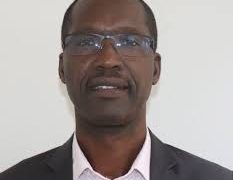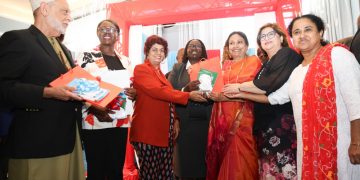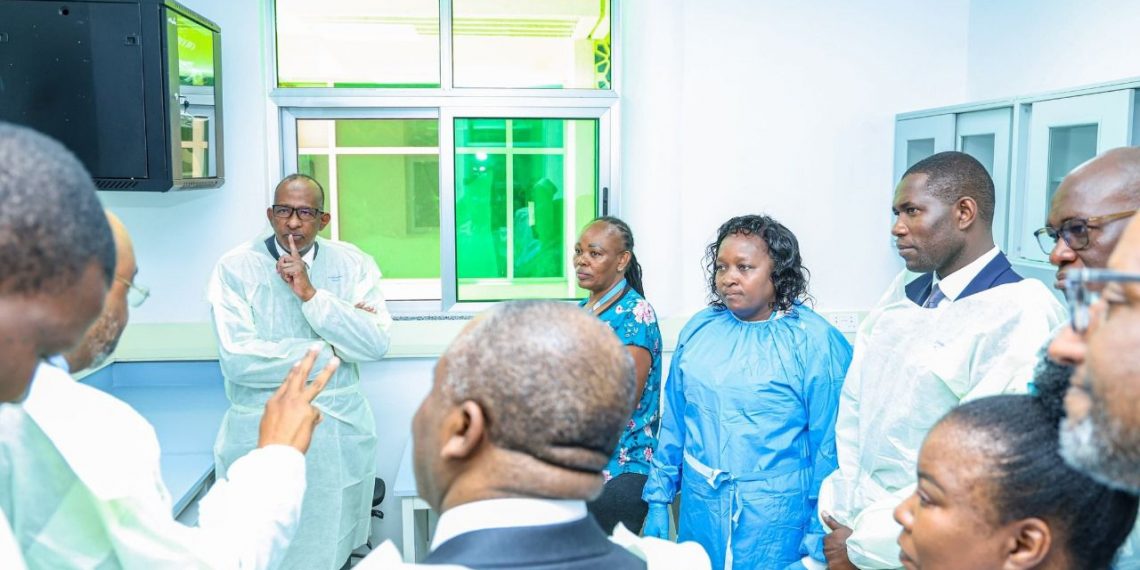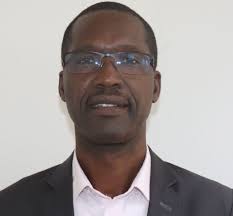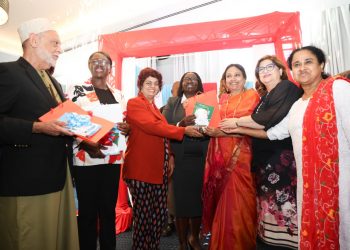Kenya has made significant progress in enhancing disease monitoring and outbreak response with the inauguration of a polio laboratory at the Kenya Medical Research Institute (KEMRI) meant to enhance early detection and rapid response to polio and other epidemic-prone diseases.
The state of the art facility is accredited by the World Health Organization (WHO) and valued at USD 480,000.It was built through the support of WHO and a grant from Bill & Melinda Gates Foundation. It is expected to play a critical role in the African Regional Polio Laboratory Network, which consists of 16 WHO-accredited laboratories across the continent.
Speaking at the inauguration ceremony, Health Cabinet secretary Hon Aden Duale noted that the lab will ensure a faster turnaround time by ensuring that stool and environmental samples are quickly tested for polioviruses, thus guiding immunization campaigns and outbreak response.
“Until recently, sequencing of polioviruses had to be done in South Africa or at the Centre for Disease Control and Prevention in Atlanta, USA. This meant long delays before results confirmation. Such delays not only hampered surveillance but also slowed our outbreak response. That is why today’s inauguration marks a turning point.”
WHO Country Representative Kenya, Dr Abdourahmane Diallo said that the new genomic sequencing laboratory represents an important step in public health efforts towards polio eradication.
“This laboratory is a cornerstone for protecting children from the devastating effects of polio. It strengthens our surveillance capacity, not only for polio but also for other vaccine-preventable diseases. With this facility, Kenya is better prepared to detect outbreaks early and respond decisively.”
In 2024 alone, the laboratory processed more than 5000 stool and environmental samples across the African network, enabling swift action and immunization campaigns in Madagascar and Mozambique.
With its expansion the facility is expected to serve Horn of Africa, neighboring countries and even Comoros prompting CS Duale to call it a ‘beacon of hope’.
“This is more than a laboratory,” he said “it is a beacon of hope and a symbol of resilience a clear demonstration of Kenya’s determination to safeguard the health of our people while contributing to regional and global health security.”
KEMRI acting Director General Prof. Elijah Songok said that this expansion cements KEMRI as the cornerstone of surveillance in the region, and with the expansion it will be able to track other emerging diseases in the region.
“This laboratory will serve as a multi-pathogen genomic platform, already sequencing MPOX, measles, rubella, and enteric viruses,” he said. “It strengthens Kenya’s compliance with International Health Regulations and builds resilience against future epidemics and pandemics.”
The CS assured of the government’s commitment to KEMRI as an institution and said that the inauguration is aligned with Bottom-Up Economic Transformation Agenda (BETA) for Health, which prioritizes epidemic preparedness, local research capacity, and universal health coverage
“The Government has prioritized access to essential health services for all, strong disease surveillance and local diagnostic capacity are critical to ensure that Kenyans in every county are protected from outbreaks, and that our responses are fast, efficient, and cost-effective,” Duale said.


